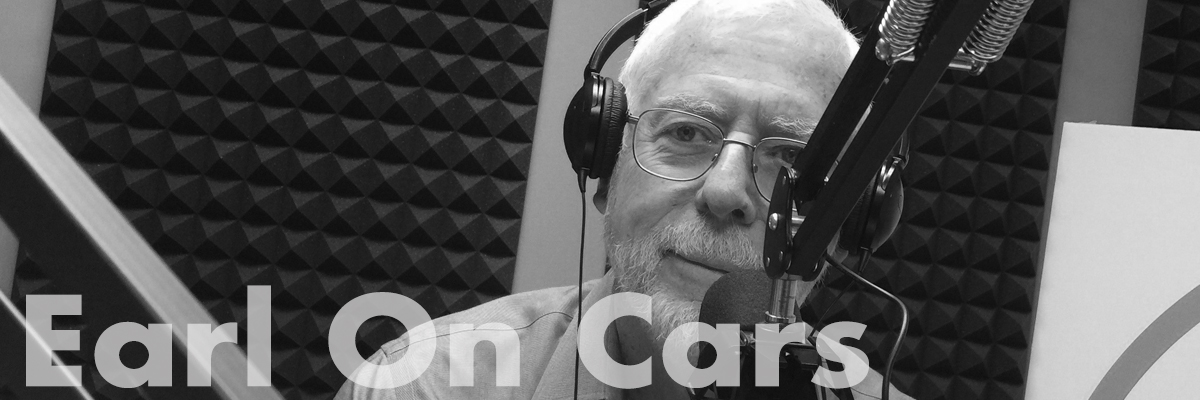You can use
this word track to buy a car online, via regular mail, over the telephone, or
in person. I strongly recommend that you use online but I know that some car
buyers, seniors like me, are not as comfortable with buying over the Internet. Using
this word track in person can work, but it will be much more difficult and take
a lot longer. Only a person with a very strong will, stamina, and a very thick
skin should attempt this. I strongly recommend that you don’t.
(1)
Dear Car Salesman, “Within the next two weeks (enter your own
time frame), I will be purchasing (leasing) a (fill in the specific make, year,
model and optional accessories).” You should carefully research the
vehicle that you decide to purchase using all sources of information available
such as Consumer Reports. You should
also test drive the car to be sure it feels and drives the way you want it to.
It is vital that you not change your mind during the purchasing process.
If you do change your mind, you must begin all over again. Never let a car
salesman change your mind for you. That is one of their favorite ways to charge
you more money than you had anticipated paying.
(2)
“Please quote me your lowest price on
(your specific car). This price must be an out-the-door price with only state
sales tax and the license tag fees paid to the state. To be sure there is
no confusion, please understand that the only dollar amounts that I will pay in
addition to the price you quoted are taxes and fees actually paid to the
state government. I will not pay dealer fees by any name such as electronic
filing fees, tag agency fees.”
(3) “I understand that my request may not be one you wish to comply with
because you are concerned that I will shop and compare your price with other
car dealers. Your concerns are valid because this is exactly what I will do.
You may be asking yourself, ‘why should I do this if I know that my lowest
price may not be low enough and that I will show it to your competitor to get
an even lower price?’ My answer is quite simple; you may have only a small
chance of winning my business if you do give me your lowest price, but you will
have ZERO chance of winning my business if you do not, because you will
never hear from me again.”
(4)
“I will sell my trade-in to the
highest bidder, just like I will buy my new car from the lowest bidder. I will
also finance my car at the lowest interest bid by a bank or credit union. If
you can meet or beat other dealers and banks, I will trade my car into you
and/or finance with you.”
(5) “If
you quote me your lowest out-the-door price and I come to your dealership to
purchase my car, please don’t even think about: (A) Telling me that the
car I specified was sold and that you would like to show me other cars just
like it. (B) Telling me that the car I specified has some accessories/options
that you installed like nitrogen in the tires, glass etch, pin stripes, floor
mats, paint sealant, etc. (C) Telling me that you priced in rebates and
incentives that I don’t qualify for like college graduate, military, customer
loyalty, customer conquest, etc. (D) The price you quoted me is only valid if I
finance my car through you. If you do any of these things, I will not only not
buy from you, but I will report you to the Florida Department of Motor
Vehicles, BBB, the County Office of Consumer Affairs, Florida Attorney General,
and your manufacturer. “
(6) “If everything goes well with no shenanigans, I will write a letter of
commendation to your owner and manufacturer. I will also tell all of my
friends, neighbors, relatives, work associates, and club members about my
wonderful experience with you and your dealership. I will also post recommendations on Google, Yelp, Facebook, and
Twitter.”
(7) “The
choice is yours and I hope that you see the benefits of selling me a car at the
lowest price you can afford to give me. I also hope you can see the dangers of
giving me a dishonest price so that you can get me into your dealership and try
to charge me more than we agreed.”
(8) “I
wish you the best of luck and I sincerely hope we can do business and have a
long car buying and servicing relationship.”


